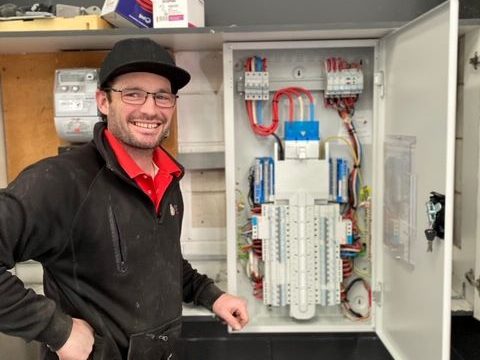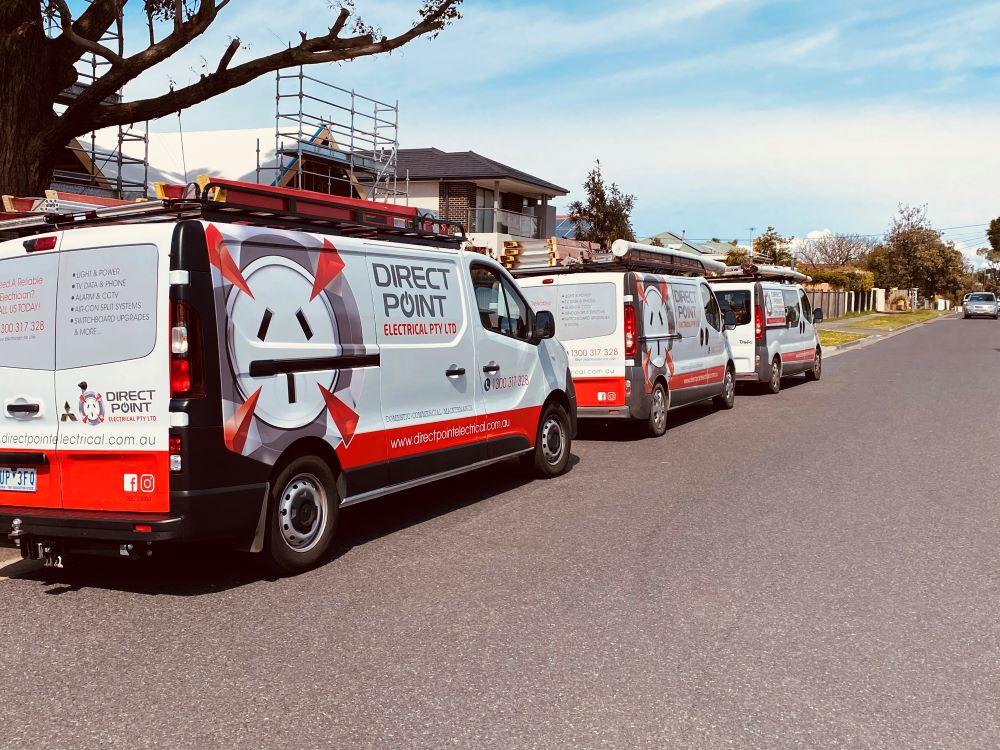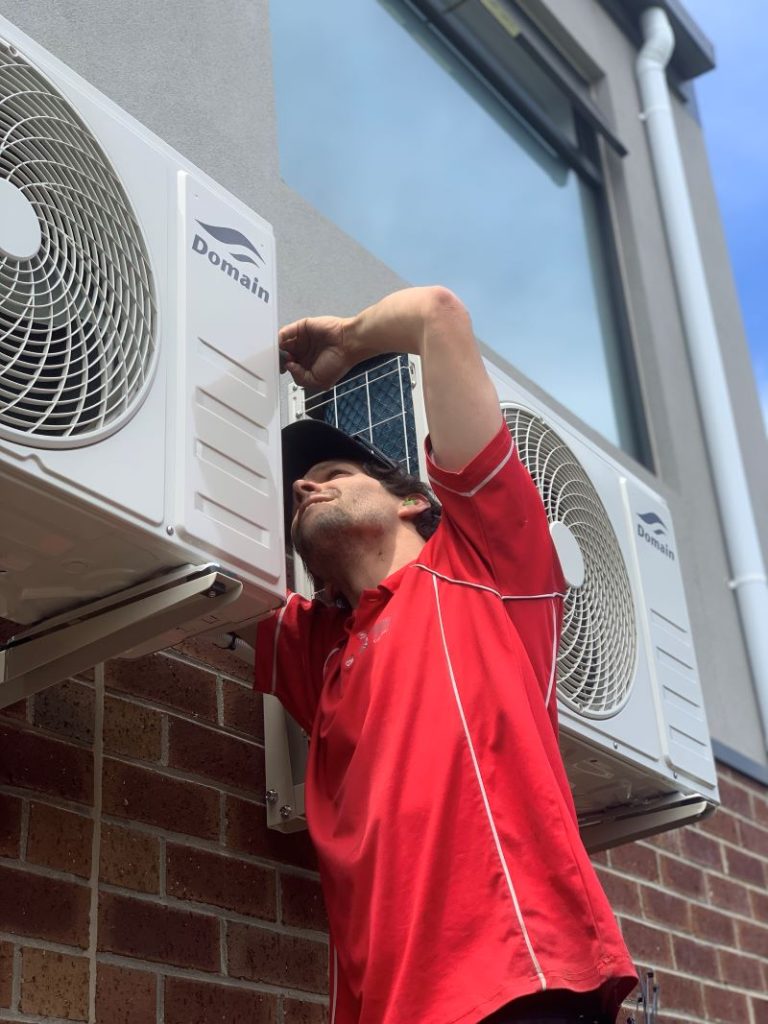Discover the Critical Role of Thorough Electrical Safety Inspections in Safeguarding Your Home
An electrical safety inspection represents a comprehensive assessment of your home’s wiring, switchboard, outlets, and safety devices. This essential evaluation ensures compliance with the Australian Standard AS/NZS 3000 and identifies potential risks, such as overloaded circuits, faulty wiring, or the absence of safety switches. Conducted by qualified electricians, these inspections are vital for preventing hazards like electric shocks, devastating fires, and damage to your valuable electrical appliances, thereby protecting your home and family.

Schedule Vital Electrical Safety Inspections to Ensure Your Home’s Safety
Many homeowners mistakenly assume that their home’s electrical system is functioning perfectly until a significant issue arises. However, how can you ascertain that your wiring is not deteriorating behind the walls? Are you certain that your switchboard is functioning efficiently and not overheating? Regular electrical safety inspections are not just precautionary; they are essential, especially in older suburbs like Narre Warren and Rowville. Given that numerous homes in these areas are over 40 years old, their original switchboards may require urgent replacement. Whether you are buying, selling, renovating, or simply have not had an inspection for years, understanding the inspection process and its significance is paramount for ensuring the safety and integrity of your home.
Comprehensive Breakdown of the Electrical Safety Inspection Process
An electrical safety inspection involves a meticulous review of your property’s entire electrical infrastructure. A certified electrician will evaluate the condition, compliance, and operational efficiency of the following components:
- Wiring and cable insulation to check for degradation
- Power outlets and light switches for functionality
- Switchboard and circuit breakers for proper operation
- Residual Current Devices (RCDs) or safety switches for effectiveness
- Earthing and bonding systems to ensure safety
- Appliance connections and load capacity for safe usage
- Smoke alarm wiring (if hardwired) to ensure compliance
- External weatherproofing of outdoor circuits to prevent hazards
At Direct Point Electrical, we meticulously adhere to all applicable legislation and guidelines, including the AS/NZS 3000:2018 Wiring Rules, Energy Safe Victoria standards, and Victorian Rental Tenancy Regulations. This commitment ensures that your home is not only safe but also compliant with the highest safety standards.
Why Electrical Inspections Are Essential for Older Homes
Homes constructed before 1990 typically utilised outdated wiring techniques, including rubber-insulated or aluminium cabling. These materials can degrade over time, especially in environments exposed to heat or moisture. If your home has not undergone rewiring or a thorough inspection in over 20 years, scheduling a safety inspection becomes absolutely vital. We often encounter critical issues such as:
- Non-earthed outlets, which pose significant risks
- Oversized fuses that can lead to electrical failures
- Lack of smoke alarms, increasing fire risk
- Circuits lacking RCDs, compromising safety
- Undersized cabling unable to handle modern electrical loads
These concerns present substantial risks that can jeopardise both your home and personal safety, making timely inspections indispensable for peace of mind.
When Is the Best Time to Schedule Your Electrical Inspection?
- Before purchasing or selling a property: This is often a requirement by lenders and is an essential step for buyers’ due diligence.
- Prior to renovations or major appliance upgrades: Ensuring electrical safety before modifications is critical to avoid future issues.
- After experiencing flood, storm, or fire damage: Prompt inspections help uncover any new hazards that may have arisen.
- If your home is over 25 years old: Regular inspections are crucial for older properties to maintain safety standards.
- As a landlord, during the preparation of a rental property: Compliance and safety checks are paramount to ensure tenant safety.
Since March 2021, landlords in Victoria are required to conduct electrical safety checks every two years, in accordance with the Residential Tenancies Regulations 2021.
For further information, please visit: Victorian Government Consumer Affairs, where you can find valuable information on maintaining safety standards.
A Step-by-Step Guide to the Electrical Safety Inspection Process
Our licensed electricians conduct an exhaustive walkthrough and assessment of all accessible electrical systems, which includes:
- Testing each socket and switch for faults to ensure functionality
- Checking polarity and voltage across all points to confirm safety
- Verifying the presence and effectiveness of RCDs to safeguard against electrical shocks
- Inspecting the switchboard layout, protection, and labelling for clarity and compliance
- Utilising thermal imaging to detect overheating components (when necessary) for preventative measures
- Conducting earth loop impedance testing to ensure safety
- Documenting any illegal or DIY wiring that may pose risks
Upon completion of the inspection, you will receive a comprehensive written report detailing:
- Existing hazards that need immediate attention
- Compliance status with current regulations
- Urgent repair needs (if applicable) to ensure safety
- Recommended upgrades to enhance safety
- Options for improving overall electrical safety
Additionally, we provide a Certificate of Electrical Safety (COES) for any rectification work completed during the inspection, ensuring you have peace of mind regarding your home’s electrical safety.
What to Do If Your Home Fails the Electrical Inspection
There’s no need to panic. Many homes we inspect require only minor improvements, such as adding an RCD, replacing a few worn outlets, or addressing an overloaded circuit. Should we discover significant issues (for example, non-earthed wiring or an outdated switchboard), we will prioritise safety risks and provide you with a clear, fixed quote for necessary repairs. For further details on our approach to updates, please visit our electrical services page for comprehensive information.
Estimated Duration of an Electrical Safety Inspection
The duration of most inspections generally ranges from 1.5 to 2.5 hours, depending on the size and accessibility of your property. If you live in a double-storey or split-level home, or have extensive outdoor power systems, the duration may vary slightly to ensure a thorough and accurate assessment is conducted.
Financial Advantages of Scheduling Regular Electrical Safety Inspections
Neglecting to address issues such as leaking current, loose neutral connections, or improperly loaded circuits can lead to significant financial repercussions, including:
- Increased power bills due to inefficiencies
- Reduced lifespan of your appliances resulting in costly replacements
- Risk of expensive repairs if problems remain undetected
Moreover, identifying faults early protects you from potential financial burdens and legal ramifications associated with an electrical fire or injury claims, especially crucial if you are a landlord responsible for tenant safety.
Common Queries Regarding Electrical Safety Inspections
What is the difference between a safety inspection and an energy audit?
A safety inspection concentrates on identifying hazards and ensuring compliance with safety codes, while an energy audit assesses energy efficiency and provides recommendations for lowering energy consumption.
Is it necessary to turn off the power during the inspection?
It is not always required to turn off the power. Some tests may necessitate brief disconnections, but the majority of the inspection can be conducted with the power on, ensuring minimal disruption.
Will I incur fines if I overlook safety checks?
If you are a landlord, the answer is affirmative. Under the Residential Tenancies Act, neglecting to perform bi-annual safety checks can result in fines or complications with rental listings, which can be quite severe.
Is a safety inspection necessary if I have solar panels installed?
Yes, a safety inspection is essential. Solar systems contain additional components that require testing, such as isolators, inverters, and export limits, all of which must comply with safety standards.
Can DIY electrical work negatively impact my inspection outcome?
It certainly can. Any non-compliant or unlicensed modifications must be corrected before we can issue a safety clearance, making professional oversight critical for ensuring compliance.
Your Trusted Local Electrician for Thorough Electrical Safety Inspections
Investing in electrical safety inspections is one of the most crucial and economical protective measures for your home. These inspections can help prevent tragic incidents, and if your home is older, has recently undergone renovations, or hasn’t been examined by professionals in years, now is the perfect time to take proactive steps towards safety.
Contact Direct Point Electrical today to arrange your professional inspection and ensure the electrical safety of your home and family.
Reliable Local Electricians You Can Depend On
Electrical Safety Inspections Explained: What Melbourne Homeowners Must Know
The Article: Electrical Safety Inspections: Essential Guide for Melbourne Homeowners first appeared on https://writebuff.com
The Article Essential Guide to Electrical Safety Inspections for Melbourne Homeowners Was Found On https://limitsofstrategy.com
The Article Electrical Safety Inspections: A Key Guide for Melbourne Homeowners found first on https://electroquench.com




